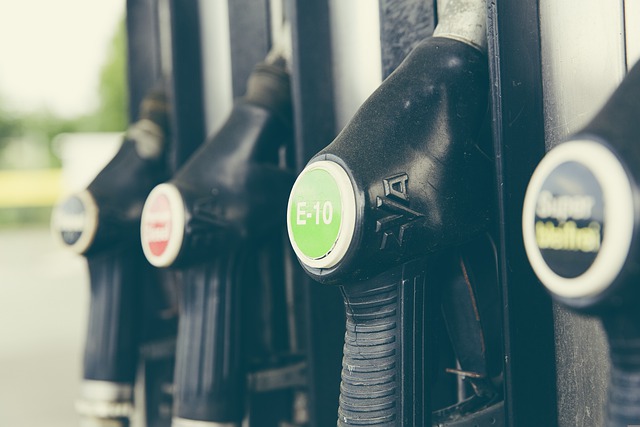Cairo – Egypt’s oil ministry has announced a rise in the price of fuel, as the Arab world’s most populous nation struggles with inflation and is sapped dry of dollars.
The Egyptian economy was hit hard after Russia’s February 2022 invasion of Ukraine unsettled global investors, leading them to pull billions out of the North African country.
The war has sent wheat prices spiralling, heavily affecting Egypt – one of the world’s largest grain importers – and piling pressure on its foreign currency reserves.
In less than a year, the Egyptian pound has lost half of its value, propelling annual inflation in the import-dependent country to 26.5% in January, figures in February showed.
Of the $34.2 billion in Cairo’s foreign reserves – a 20% drop from February 2022 – some $28 billion is deposits from wealthy Gulf allies.
#Egypt hikes most of fuel prices by 0.75 & 1 pound, but left diesel prices unchanged to ease the impacts. Diesel is the main fuel for transport goods and commuters. The hikes would hit the middle-class hard, particularly those who have their own gasoline-fueled cars.
— Sam Magdy (@sammymagdy) March 2, 2023
The country’s foreign debt has more than tripled in a decade to $155 billion.
The oil ministry said late on Wednesday, that it was raising the price of domestic fuel due to “market volatility”, including the exchange rate of the Egyptian pound.
The country’s Petroleum Products Pricing Committee said the price per litre of 80-octane fuel would increase to EGP8.75 ($0.28) from EGP8.00.
Likewise, the price of one litre of 92-octane petrol rose to EGP10.25 from EGP9.25, and EGP11.50 for 95-octane petrol instead of EGP10.75.
The price of diesel was kept unchanged at EGP7.25 per litre.
Minimum wage
Meanwhile, Egyptian President Abdel Fattah al-Sisi on Thursday announced an increase in minimum wages of up to 15% from April, as part of a social package to ease economic hardship in the country.
“I have been closely following the concerns of the people, and I hear every voice,” Sisi said, making the announcement during a visit to the southern Minya province.
Late last year the IMF approved a $3 billion loan program for Egypt over 46 months, on condition of “a permanent shift to a flexible exchange rate regime” and a “monetary policy aimed at gradually reducing inflation”.
Egypt also needed to carry out “wide-ranging structural reforms to reduce the state footprint”, the IMF said at the time, with the economy dominated by powerful state and military-led enterprises.
The government also pledged to push ahead with measures to move away from subsidies on several basic goods, such as fuel – a plan in place since 2016.
Egypt has depended on bailouts in recent years, both from the IMF and from its Gulf allies.
According to ratings agency Moody’s, Egypt, with a population of 104 million, is one of the five economies most at risk of defaulting on its foreign debt.
Follow African Insider on Facebook, Twitter and Instagram
Source: AFP
Picture: Pixabay
For more African news, visit Africaninsider.com


